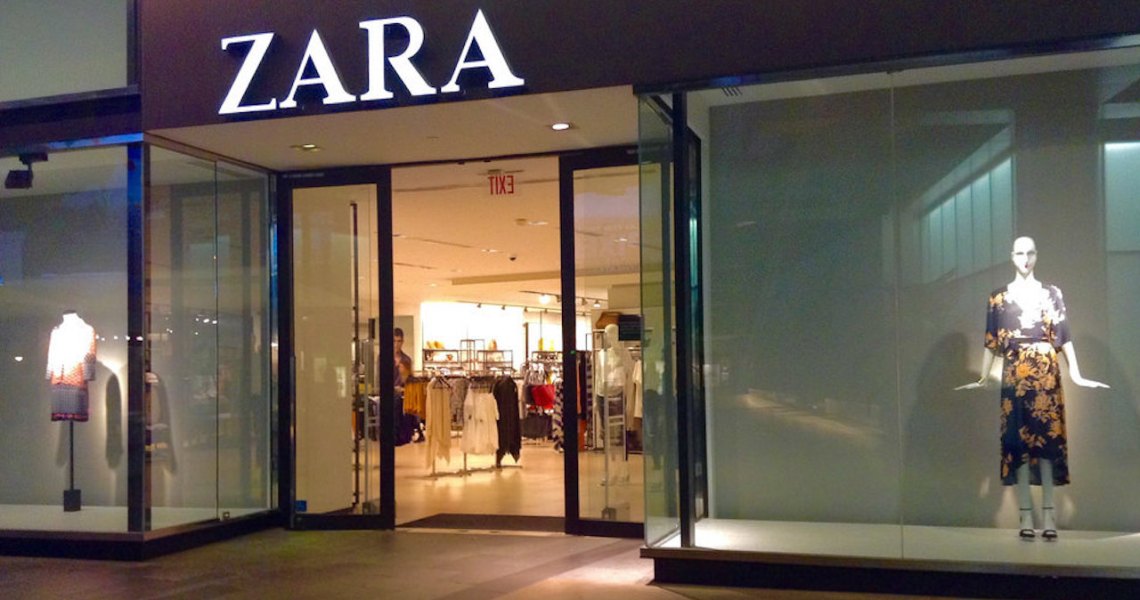Zara parent company Inditex posted earnings this morning for the first quarter of its 2021 fiscal year, showing strong growth. Overall sales grew by 50% in the first quarter from the previous quarter to nearly $6 billion.
Much of that growth has come from the reopening of stores globally and the easing of Covid-19 restrictions. For example, while store sales grew by 102% year-over-year, they grew only 5% when compared to 2019. In an earnings call, executive chairman Pablo Isla cited new store openings in Asia — Hong Kong, in particular –– as helping to drive some of that new sales growth.
But despite its improvement in sales, the company is facing criticism. This is Inditex’s first earnings report since it removed a statement on its website taking a stand against alleged forced labor in the Xinjiang province of China. The statement had previously called the allegations “concerning” and committed the company to ensuring that 0% of its fabric would come from the Xinjiang province. But as of the end of March, that statement had disappeared. Inditex did not respond to requests for comment on this story.
Earlier on Wednesday, a coalition of human rights, workers’ rights and labor groups, including the AFL-CIO and the International Labor Rights Forum, sent an open letter to Inditex urging the company to recommit to cutting ties with Xinjiang cotton. More than 20% of the world’s cotton comes from Xinjiang and some of the largest fashion brands in the world like Nike, Adidas, H&M and Inditex have all been implicated in using cotton that came from forced labor.
“In an industry with widespread complicity in Uyghur forced labor, Inditex stands among the most egregious actors,” said Peter Irwin, senior program officer for advocacy and communication at the Uyghur Human Rights Project, one of the signatories of the letter. “However, they have an opportunity to be leaders by championing human rights and giving their consumers peace of mind. No one wants to wear cotton, use technology or otherwise utilize products produced by forced labor. By offering forced-labor-free products, Inditex stands to financially and morally benefit from divesting.”
This puts Inditex, and other implicated brands, in a tough position. On the one hand, knowledge and opposition to forced labor in Xinjiang is growing throughout Western countries. But the Chinese government and Chinese influencers have been quick to penalize those brands that have put out statements or made commitments to cut ties with Xinjiang. China is a massive market for fashion, accounting for nearly 20% of the market. It’s currently the largest in the world and growing every year
In May, H&M, which had also made statements criticizing forced labor in Xinjiang, was all but erased from the internet in China. It no longer appears as a destination in ridesharing apps or as an option on e-commerce sites like Alibaba and JD.com. The brand has subsequently said it’s “dedicated to regaining trust and confidence” from the Chinese market.
But according to Zumretay Arkin, advocacy manager at the World Uyghur Congress, Inditex should accept those consequences in the name of doing what’s right.
“Being known for the use of forced labor and complicity in genocide is bad for business. Beyond the moral reasons for taking action, that’s why these investors should use their influence to speak up and urge Inditex to pull its supply chain out of the Uyghur region,” Arkin said.




